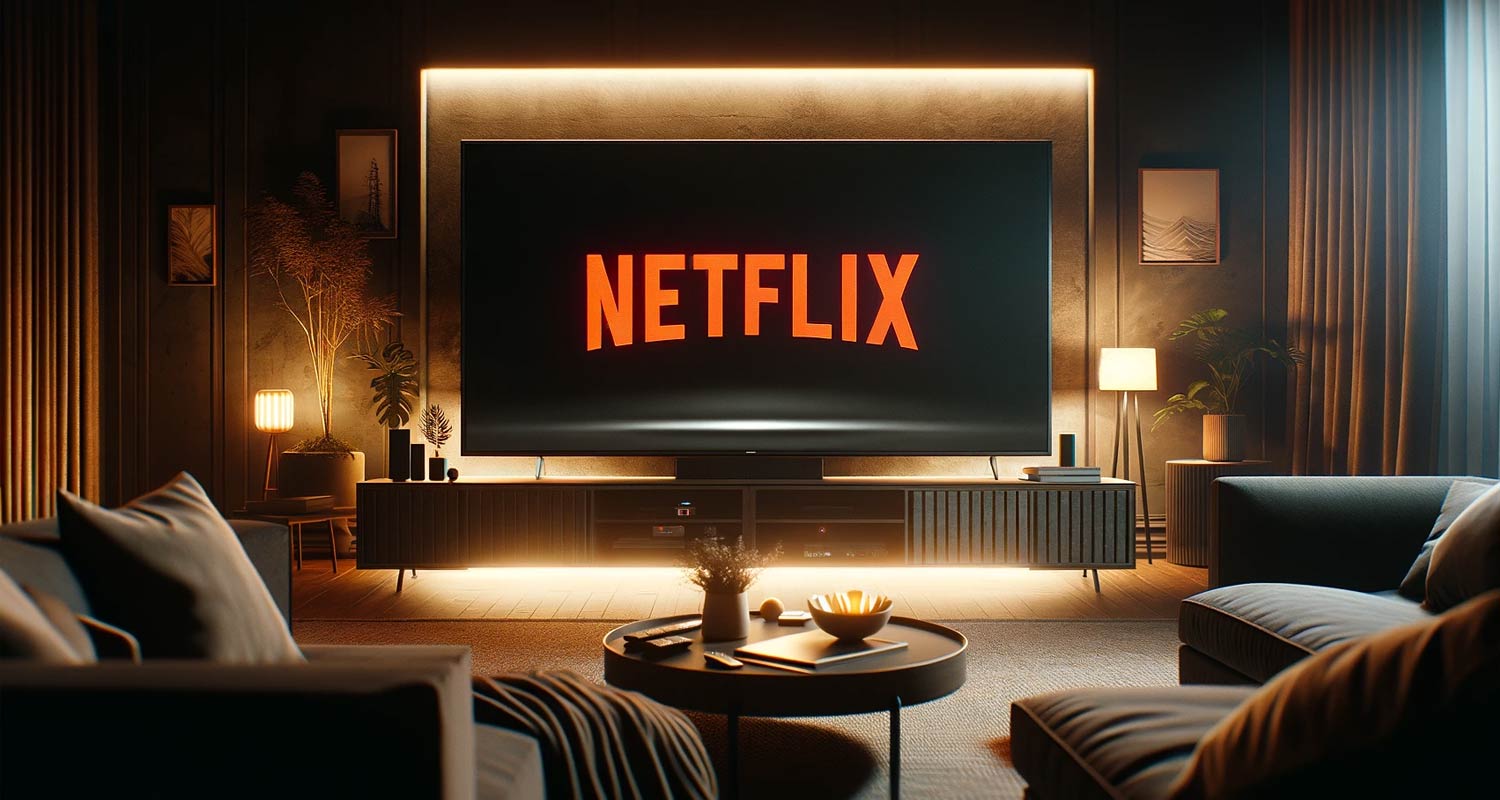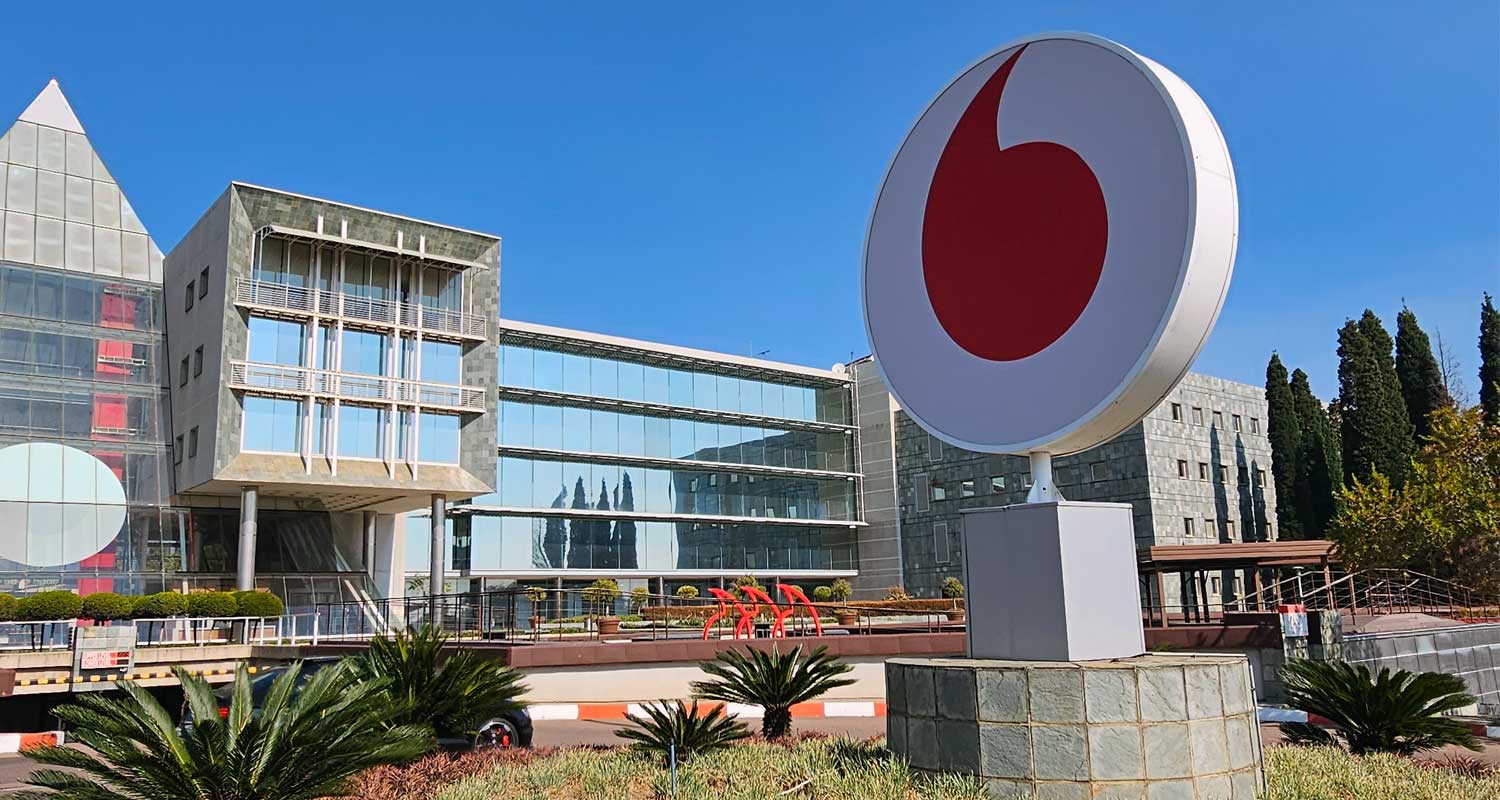 South Africa’s telecommunications operators should be paid by streaming entertainment giants to carry their programming to the telcos’ broadband subscribers.
South Africa’s telecommunications operators should be paid by streaming entertainment giants to carry their programming to the telcos’ broadband subscribers.
That view – a controversial one – belongs to Unisa professor of decision sciences and an associated partner at telecoms consultancy Strand Consult, Petrus Potgieter. He was speaking to TechCentral about the Fair Share Initiative developed by European operators, of which Vodacom Group parent Vodafone Group is a founding member, to “ensure sustainable investment” in the region’s communications networks.
The operators want what they call “large traffic generators” (LTGs) – these include the likes of Netflix and Google’s YouTube – to pay their “fair share” for access to their networks in Europe. In short, they want to tax Big Tech to help them roll out broadband on the continent, a proposal that has drawn fierce resistance.
Companies like Netflix benefit “enormously from better connectivity, and yet, unlike consumers and businesses, these LTGs do not contribute proportionately to [the networks’] sustainability, despite fully relying on it for the delivery of their services”. It is “only fair” that they contribute to “ensure a sustainable, equitable investment in infrastructure”.
Both Vodacom Group CEO Shameel Joosub and MTN Group CEO Ralph Mupita have previously spoken out in favour of a Fair Share-type initiative in South Africa.
The plan by the European operators, which has proved highly contentious, would see the likes of Netflix forced to cough up to help fund the deployment and maintenance of the telecoms infrastructure they use to deliver their services to end-user consumers.
Right approach
And Potgieter told TechCentral that they are right to take this approach. (Strand Consult does paid work for a range of telecoms operators in Europe and elsewhere but is not currently engaged with any South African providers.)
“The big picture here is that the broadband providers (mobile and fixed) have a high-cost investment model with high fixed costs. They are also heavily regulated,” he said.
“The content providers also have highish fixed costs, but these are more containable. They are not nearly as heavily regulated but also enjoy the immense protection of copyright.
Read: We build South Africa’s ultimate streaming package
“If you are Vodacom or Telkom, someone can come and ask for wholesale access to your network. But they can’t go to Netflix and ask for wholesale access to TV series or movies. They’ll tell you to go to hell. The content providers don’t have the obligations of access because of copyright. No one ever discusses this, but it’s important.”
Content providers, Potgieter said, have been hugely successful in leveraging copyright into profitable business models online. As a result, the “value add” has gone to them and not the access providers, which haven’t been able to monetise their networks beyond selling basic access. In effect, they have become “dumb pipes”.
 National operators are often saddled with onerous coverage obligations, too, and areas that are profitable become dependent on how much content from third parties must be carried to broadband subscribers in those areas.
National operators are often saddled with onerous coverage obligations, too, and areas that are profitable become dependent on how much content from third parties must be carried to broadband subscribers in those areas.
“There is no one-size-fits-all answer to this issue. But it is inevitable for the future of the industry that there be commercial agreements between content providers and access providers.”
One of the problems for telecoms operators is they are not media companies, and efforts in the past to launch media businesses – examples include Telkom Media and Cell C’s Black – have failed.
Operators, including those deploying fibre, could pull back from deploying infrastructure in areas that are marginal from a profitability perspective, especially if they can’t charge content streamers for access.
This is particularly keenly felt in smaller markets like Mauritius, which implements data caps – they are quite generous – on its fibre services.
“If you are a smaller market like Mauritius, it doesn’t make sense for Netflix to put down caches, so you can end up spending a lot of money on undersea cable capacity, and overseas connectivity is relatively expensive.”
Potgieter believes South Korea may have found a workable solution: regulators there mandate negotiations between large traffic generators like Netflix and local first-tier internet service providers. “There is a paid settlement for traffic there, and it appears to be working fine” despite objections from content providers.
Per-gigabyte fees
Icasa might want to consider regulating the market in the same way it regulates call termination rates – the fees network operators are permitted to charge each other to carry calls between their networks. Regulated per-gigabyte fees could make sense, Potgieter said, but a public inquiry would be needed to determine how this would work in practice.
Also, he said, South Africa “can’t really” force Netflix and other content providers to pay for access, and so the solution might be to lower the regulatory burden on the network operators instead. This would serve to “level the playing field” between the industries. “Right now, there is no level playing field.”
However, the said this would be a difficult conversation with both Icasa and government, especially if it meant dropping coverage obligations, but it’s important to recognise that the operators are much more heavily regulated.
Read: Investors bullish on Netflix push into live sports
“This in the long-term is detrimental, especially to coverage in general. The viability of the operators is essential for future expanded and quality coverage.”
Apart from the option of reducing coverage obligations, regulators should stop opposing mergers and acquisitions in the telecoms sector in South Africa. He cited the example of the recommendation by the Competition Commission that Vodacom’s acquisition of a 30-40% stake in Vumatel parent Maziv be blocked on competition grounds.

“The Competition Commission is a bit fanciful about the effect these mergers would have on the market. South Africa has a healthy and competitive telecoms market and there really is no need to be concerned about mergers, unless it’s Vodacom and MTN that are doing the merging. Anything else should not be subject to any scrutiny.”
Could a strong argument not be made that telecoms operators have become utilities – the low-margin “dumb pipes” they always feared was their future? Should they not simply accept this fate?
“If you have that view, you must also accept that many telcos will struggle, and many areas will be left without coverage. It’s what you consider necessary in the society,” Potgieter said.
An option, he said, might be to charge more for data in rural areas like the Northern Cape, where the cost to serve the customer is higher than in the big cities. That prices are the same across the country is simply a “cultural artefact in this market”, and it should change.
Is a market solution possible without regulatory involvement? “Possibly not, given the asymmetry in bargaining power [between operators and content providers],” Potgieter said. — © 2024 NewsCentral Media




